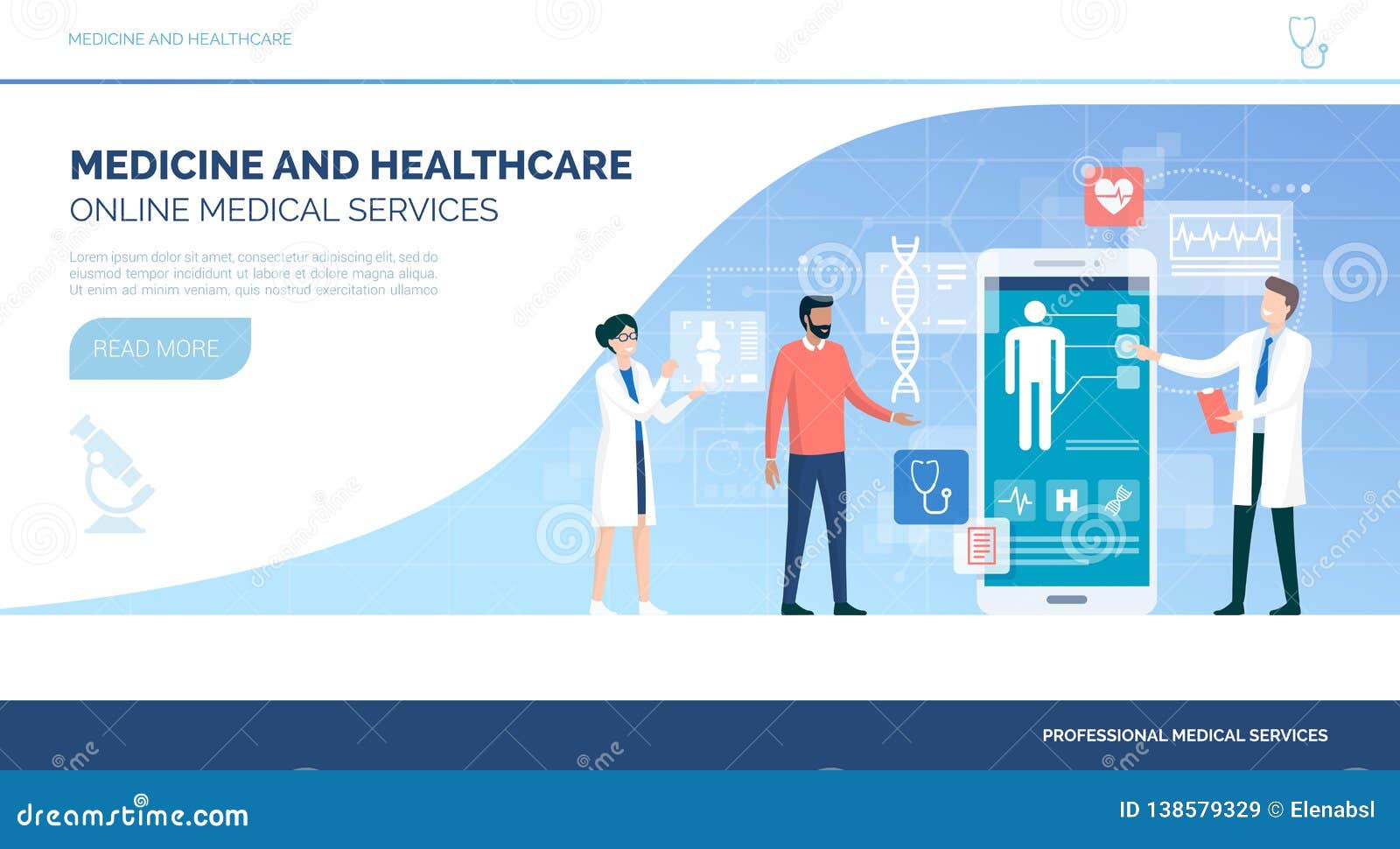Discover the Conveniences of Subscription Based Healthcare for Affordable Medical Care
Discover the Conveniences of Subscription Based Healthcare for Affordable Medical Care
Blog Article
Browsing the Future of Medication With Subscription-Based Health Care Solutions
As the health care industry evolves, subscription-based solutions arise as an essential version assuring to improve individual care delivery. With the potential to use streamlined, cost-efficient services via foreseeable rates and tailored interest, these solutions stand at the leading edge of modern medical advancement. As we consider their rise, one must contemplate the ramifications of integrating such systems right into existing health care frameworks. What challenges do they posture in terms of information protection and equitable accessibility, and just how might they redefine the patient-provider relationship? The solutions to these concerns could basically change our approach to health care.
Rise of Membership Medical Care
As medical care systems all over the world face raising pressures from increasing costs and demand for services, the advent of subscription-based medical care designs has become a transformative trend. This cutting-edge method is disrupting standard healthcare distribution by using a predictable, flat-rate payment structure for clinical solutions. Rooted in the concepts of attendant medicine, subscription-based medical care permits providers to concentrate on personalized client treatment while simultaneously handling functional performances.
The raising consumer demand for transparency and predictability in healthcare expenditures has actually driven the shift towards this design. Subscription-based services frequently offer direct access to healthcare professionals, which can decrease the management burdens associated with insurance policy claims and reimbursements.
This version is acquiring traction amongst diverse healthcare companies, from medical care physicians to specialized facilities, by aligning economic rewards with preventive and constant care. By changing the focus from quantity to value-based treatment, membership medical care has the potential to improve the landscape, cultivating an extra sustainable and patient-centered method to health and wellness management.
Advantages for Patients

Furthermore, subscription-based solutions often emphasize precautionary care, motivating normal check-ups and health and wellness screenings. This positive strategy can cause early discovery of health and wellness problems, possibly improving end results and minimizing lasting medical care prices for individuals. Furthermore, such models commonly supply transparent pricing, allowing clients to much better recognize their medical care expenditures and stay clear of unexpected clinical bills.
The customized nature of subscription-based health care additionally improves patient experience. Individuals can obtain customized medical care strategies that suit their specific requirements, cultivating a more patient-centric technique. This personalization can result in better patient fulfillment and adherence to therapy strategies. Registration solutions often integrate wellness programs, supporting people in preserving overall health and wellness. Ultimately, these advantages jointly contribute to a more reliable, cost-efficient, and patient-friendly healthcare experience.
Technology's Function in Improvement

Expert system (AI) plays an essential duty in predictive analytics, assisting in very early medical diagnosis and customized treatment plans. AI formulas assess large datasets to identify patterns that may be neglected by human observation, hence boosting clinical decision-making. Moreover, digital health documents (EHRs) enhance individual details monitoring, making sure connection and comprehensibility of treatment across different services and suppliers.
Blockchain innovation boosts data safety and security and privacy, crucial for preserving patient rely on digital platforms. It enables secure and transparent deals of clinical information, making certain that delicate info continues to be secured. With the assimilation of artificial intelligence and AI, blockchain can automate complicated health care processes, lowering management concerns.
Factors To Consider and obstacles
While technology moves the capacities of subscription-based medical care solutions, it likewise introduces a set of challenges and factors to consider that must be dealt with to guarantee successful execution. One considerable obstacle is the fair availability of these solutions. As subscription models frequently depend on digital platforms, there is a threat of aggravating the digital divide, leaving behind individuals without internet gain access to or digital proficiency. Making certain these services do not overmuch benefit only tech-savvy and affluent populations is essential.
Data personal privacy and security stand for another crucial factor to consider. Subscription-based solutions often entail the collection and storage space of huge quantities of personal health information. Companies need to stick to rigid data protection policies to preserve individual trust and prevent unauthorized access, which can cause considerable honest and lawful repercussions.
In addition, the sustainability of subscription models presents an obstacle. As health care requires progress, preserving an economical equilibrium in between registration costs and service quality is important to stop person discontentment and attrition. Additionally, integrating these solutions within standard health care systems needs seamless interoperability between systems, which is commonly a complicated and resource-intensive endeavor. Attending to these challenges is essential as subscription-based healthcare services proceed to evolve and expand.
Future Effects for Medicine
Subscription-based healthcare services are poised to dramatically influence the future landscape of medicine by improving just how treatment is accessed and delivered. These designs offer the possible to equalize healthcare try this website gain access to, providing people with more timely and tailored treatments. By leveraging modern technology, such as telemedicine and data analytics, registration solutions can facilitate continual tracking and customized health monitoring, hence enhancing end results and minimizing the burden on typical health care systems.
As these solutions gain traction, they can promote a change towards preventative treatment, emphasizing the significance of very early discovery and management of chronic conditions. This proactive technique may inevitably decrease health care prices by minimizing the requirement for pricey therapies emerging from late-stage illness management. Membership models supply a scalable solution to attend to differences in healthcare gain access to, specifically in country or underserved populations.
However, the shift in the direction of subscription-based versions requires attending to honest and regulative considerations, including data privacy and equitable access. As the industry progresses, joint initiatives between policymakers, innovation designers, and doctor will be critical to establishing durable frameworks that secure client interests while cultivating development. Ultimately, these solutions promise to contribute significantly to a more reliable, patient-centered healthcare ecological community.

Conclusion
Subscription-based medical care solutions stand for a considerable advancement in the medical field, supplying foreseeable expenses and customized care that boost availability and focus on preventive procedures. As the healthcare landscape advances, registration versions are positioned to play a critical role in forming the future of medicine.
As the healthcare industry evolves, subscription-based solutions emerge get more as a pivotal version assuring to reshape individual care shipment.As healthcare systems around the globe face enhancing stress from increasing expenses and demand for solutions, the arrival of subscription-based health care designs has actually emerged as a transformative trend (subscription based healthcare).With the surge of subscription-based medical care versions improving traditional health care shipment, individuals are beginning to experience significant advantages from this innovative approach. As health care needs evolve, maintaining a cost-effective balance in between registration fees and solution top quality is vital to prevent client dissatisfaction and attrition.Subscription-based health care services are poised to significantly affect the future landscape of medication by improving exactly how care is accessed and supplied
Report this page